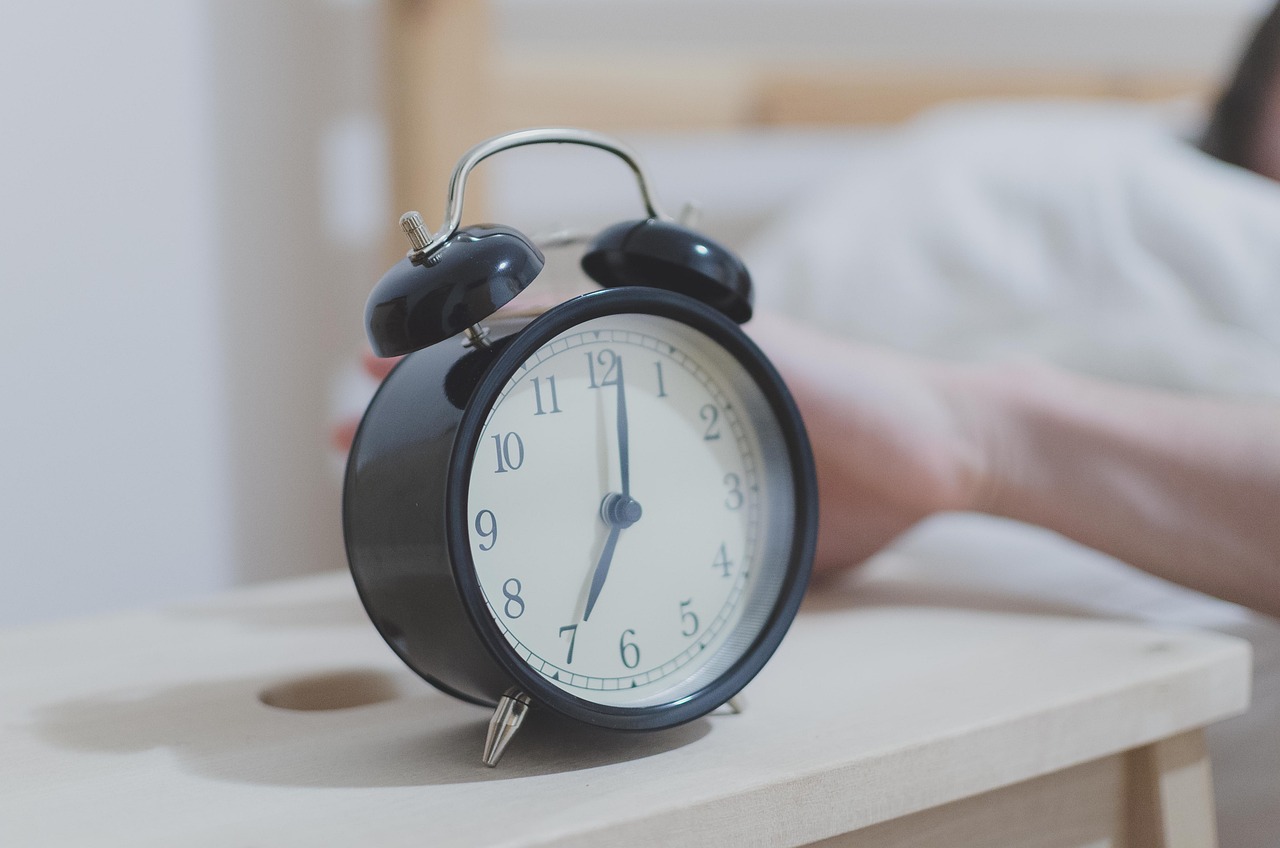News release
From:
Saving Daylight Savings – The “weak” impact of Daylight Savings Time on human health may not support recent calls to end such seasonal clock adjustments. This science policy paper examines the evidence for clock adjustments. Arguing changing sunrise times beyond 30 degrees latitude is an effective compromise between early and late risers. It adds the best indicator of seasonal clock usefulness is the relationship between the “start time of human activity and the winter sunrise”.
Assessing the best hour to start the day: an appraisal of seasonal Daylight Saving Time
Which is the best hour to start the day in view of the varying sunrise times that season brings beyond 30 degrees latitude? We show that the seasonal clocks (Daylight Saving Time, DST) provide a practical answer promoting a late winter activity ---when the sunrise delays--- and an early summer activity ---when the sunrise comes the earliest--- in line with human physiology, and in line with human activity under naturalistic conditions. We sustain that the impact of the seasonal clock on human health is weak. We describe DST as a compromise between early risers and late risers and provide a context for its sustainability.



 International
International


